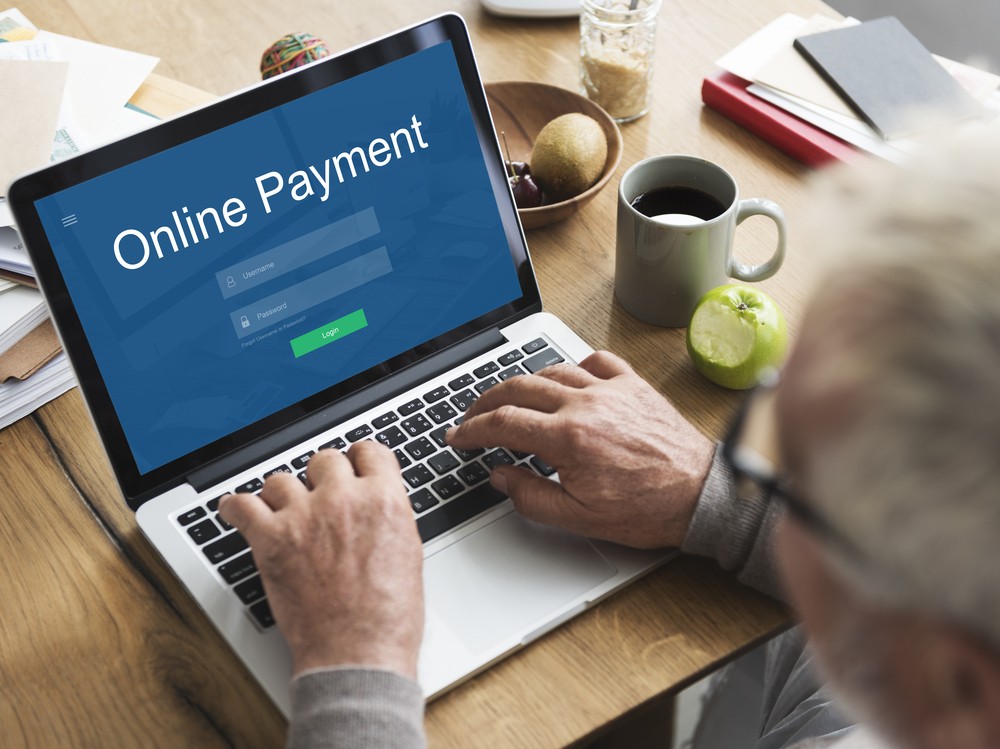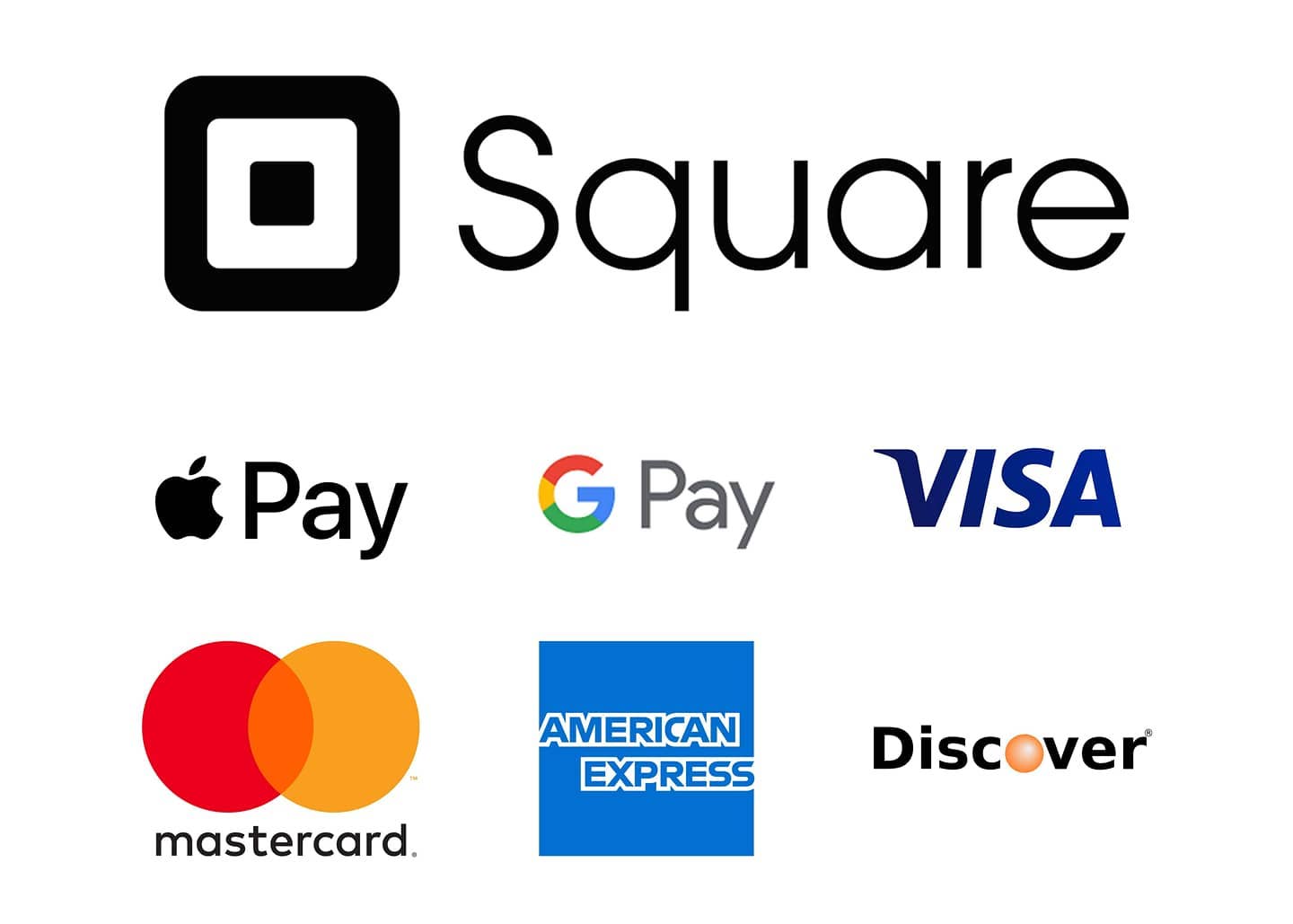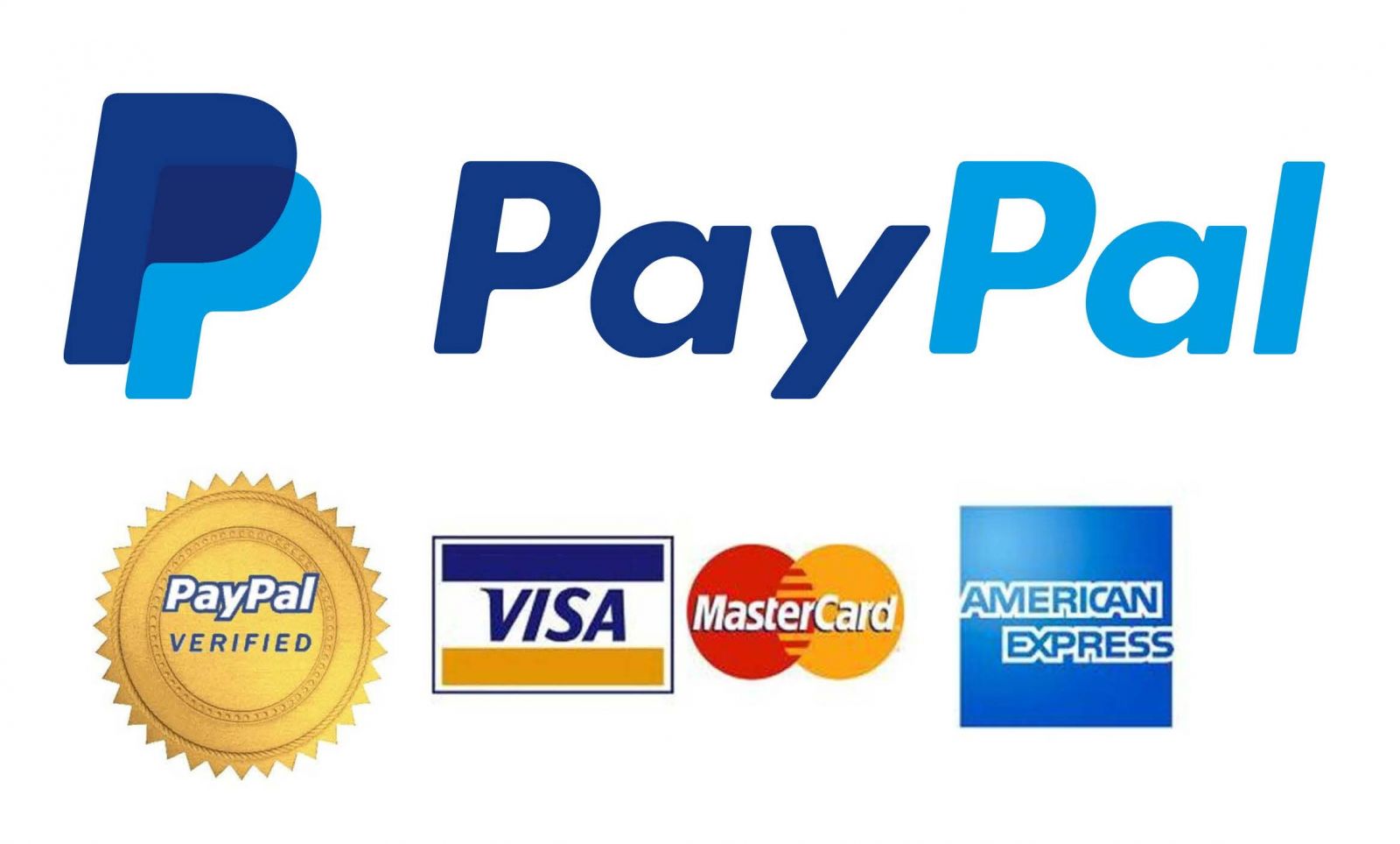
An online payment system is necessary if you operate an online business. A credit card payment processor, an online cart or POS system, and a merchant account are all needed in order to accept credit cards, debit cards, and cryptocurrency transactions.
There are so many credit card processing options available that it can be difficult to choose one. Paypal and Square are two of the most widely used options.
Choosing between PayPal and Square depends largely on your business needs. Square targets companies that facilitate in-person transactions as well as those that have online stores.
On the other hand, PayPal’s primary focus is online transactions, but it also accepts some crypto payments.
The purpose of this article is to help you determine which credit card processing service is right for you, depending on your needs.
Table of Contents
Don’t know where to start when comparing Square and PayPal? Check out the comparison below to see the similarities and differences between the two providers at a glance.

Square is a payment processor that provides credit card processing as well as POS terminals. Because of its variety of hardware options, this is a particularly good option if you run a brick-and-mortar store.
Unfortunately, Square does not provide merchant accounts. You’ll either need to set up your own or partner with one of Square’s merchant account services.
In addition to Square’s dual-screen registers and mobile card readers, its hardware selection is unmatched. Users will receive a free magstripe reader and POS app for their mobile devices when they sign up.
Square charges the same online transaction rates as PayPal, but the company doesn’t accept transactions from certain high-risk businesses, like gambling establishments, so it’s not suitable for every business.
Square offers the following features:

The PayPal payment platform is widely regarded as one of the best online payment systems. There are no monthly fees associated with this card processing service, which is ideal for retailers who need to accept online payments immediately.
Despite PayPal not offering as many POS solutions and hardware solutions as Square, its credit card reader makes it easy to accept online payments within minutes. As well as offering cryptocurrencies such as Bitcoin, Litecoin, and Ethereum, the company continues to expand its payment acceptance.
In contrast to Square, PayPal charges for some items you would receive free from Square – such as a virtual terminal and chargeback fees. Additionally, you might need to watch for additional fees, such as fraud monitoring and recurring payments.
PayPal Offers the Following Features:
Now let’s dig deeper into Square’s and PayPal’s unique features. As a result, you’ll be able to weigh the pros and cons of each service and determine which is best for your business.
Square: Four plans are available, ranging from free to $72. All plans include an increasing number of features, such as abandoned cart tools, discounted shipping, and lower processing rates per purchase. Premium is Square’s most costly plan, so it’s best suited to large retailers processing many transactions.
PayPal: Paypal has two options for processing payments: Standard and Payments Pro. You can integrate PayPal Standard with your shopping cart within 15 minutes. Sadly, it is not very customizable, nor does it have a virtual terminal. With PayPal Payments Pro, you have access to a virtual terminal that’s more flexible.
If you opt for this plan, you can accept 25 currencies from more than 200 countries and accept phone payments. Nevertheless, integrating this version of PayPal with your current site will require some coding experience either by you or a colleague.
Payments with PayPal are free for its monthly plans, making it the winner in this category. The higher tiers of Square charge users a monthly fee plus transaction fees.
Square: You’ll always know what you’ll have to pay for completed transactions with Square and PayPal because they both have flat-rate pricing models. With Square, each transaction costs 2.6% plus 10 cents. When you do it online, it costs 2.9% plus 30 cents. Adding a Square account also gives you the ability to use a free card reader. Square does not charge chargeback fees for disputed transactions, and a register or POS system will cost between $10 and $799.
PayPal: When you use PayPal for an in-person purchase, you will be charged 2.75% plus 30 cents. The online transaction fee is 2.9% plus 30 cents. Square is a little more expensive than PayPal, but the hardware prices are pretty similar.
In contrast to Square, PayPal charges a number of fees (such as a chargeback fee of $20 and a monthly fee of $30 for virtual terminals).
Generally, Square offers a better deal. Square doesn’t charge additional fees for chargebacks or other services, but PayPal’s in-person transaction rate is higher.
Square: Online payments are easy with Square, and remote payments are flexible as well. Invoices can be easily created and sent to your clients, and payments can be made by ACH, credit card, or debit card.
Can even be processed over the phone when using Square. Square’s website-building tool can assist you in building a website, should you need one.
Additionally, Square offers several different solutions for POS registers or terminals, including its square-shaped mobile payment device.
PayPal: Developer tools are provided by PayPal that allows you to add payment buttons to your site from anywhere.
Additionally, you can manage invoices and recurring payments. PayPal accounts include a free chip and swipe card reader, as well as a tap and go device that allows you to accept contactless payments at your retail locations.
In the case of PayPal, you’ll need to use a third-party provider since PayPal does not offer POS hardware.
Hardware-wise, Square is better, and it includes extra features such as website building.
Square: Using Square is one of the easiest ways to process payments. Installing and beginning to use it is very easy, especially if you want to build a website with its drag-and-drop creator.
PayPal: Besides being user-friendly, PayPal is also ideal for online businesses because it’s built without a lot of bells and whistles. If you choose the Payments Pro plan, you’ll have access to more customization options.
This is a tie between the two companies because they are both extremely easy to use and have very few technical features.
Square: Through the Square App Marketplace, the Square platform has dozens of online integrations. QuickBooks, ZipRecruiter, Xero, and many other services can be integrated with the system.
PayPal: Due to their integrations with third-party POS terminals and platforms, PayPal’s integrations are a little different than theirs.
Paypal itself integrates with fewer third-party apps than Square, but those apps – such as eBay, QuickBooks, and Shopify – also have PayPal integrations.
Square and PayPal are both integrators of a variety of business and tax software solutions, so they tie in this comparison.
Square: Square has its own FAQs and troubleshooting sections on its website for quick technical assistance. However, it also offers phone support.
While the company offers phone support, it is not available 24/7. If you need to contact someone outside of business hours, you may prefer to use the live chat option.
PayPal: Like Square, PayPal provides phone support, but it isn’t available 24/7. A live chat option is also available. PayPal offers a community forum on its site alongside FAQs and troubleshooting sections. As such, if all else fails, you can ask other PayPal users for assistance.
Both Square and PayPal match one another in terms of customer service, as neither offers 24/7 assistance and both offer limited phone and live-chat support.
Square: A number of self-service employee management tools are provided by Square, including timekeeping tools and a permissions system that you can customize. Most of these features, however, are only available if you purchase Square for Retail.
PayPal: Unfortunately, PayPal does not have employee self-service.
Despite PayPal’s focus on single-employee businesses and small online shops, Square prevails in the employee self-service category. So, Square- online payment system is clearly the winner here. In spite of this, you are also able to integrate your PayPal account with third-party employee self-service tools if you need to.
Square: There is no need to worry about data breaches with Square because it is PCI compliant. Dedicated fraud monitoring is provided on all your transactions, as well as encrypted transactions and EMV payment hardware.
PayPal: Similar to Square, PayPal monitors your company’s transactions online for fraud. It is unclear, however, whether or not it also monitors in-store transactions for fraud. Due to the fact that the transactions occur on your site, you are responsible for PCI compliance.
PayPal users have to take care of PCI compliance, but Square does it for them, and so it wins in the category of additional services.

If you wish to travel outside of the country, you need to use many online payment systems to book resorts, planes, or buses. But if you have a WordPress site and purchase a theme called Traffil by ThemeLooks, you can manage your online payment easily.
Traffil is a Travel Booking Affiliate WordPress Theme designed for all kinds of Booking, Tourism, and Travel Agency Websites for flight, hotel, holiday, hostel, motel, resort, tour, trip, etc. booking.
The affiliation system works and commissions are paid by Travelpayouts (a pay-per-action travel affiliate program). This theme has been developed based on Elementor Page Builder Plugin. Anyone can easily update/edit this theme by following our Well Sorted Online Documentation.
Paying via Square or PayPal is a quality payment processing service at the end of the day. Despite the fact that both online payment systems are excellent, one may be better suited to your business needs.
For instance, if you’re in the retail business then Square is much better in comparison to PayPal. On the other hand, in case you run an entirely online business, PayPal’s streamlined payment tools might be more suitable for you.